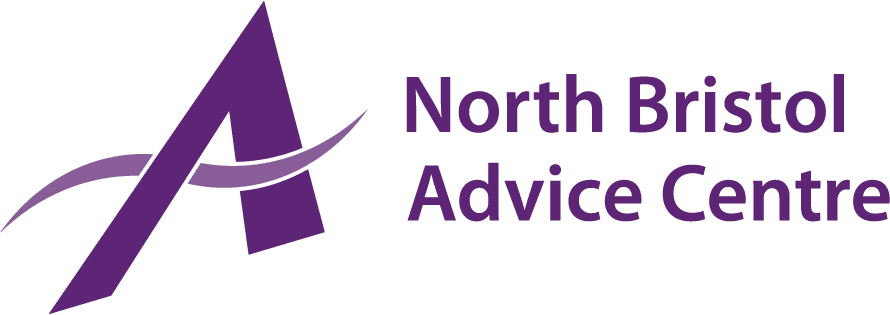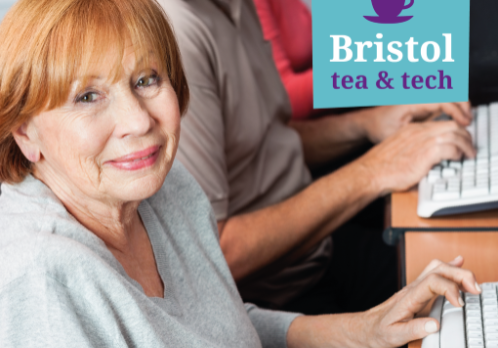News
Helping older people learn digital skills to reconnect with the world
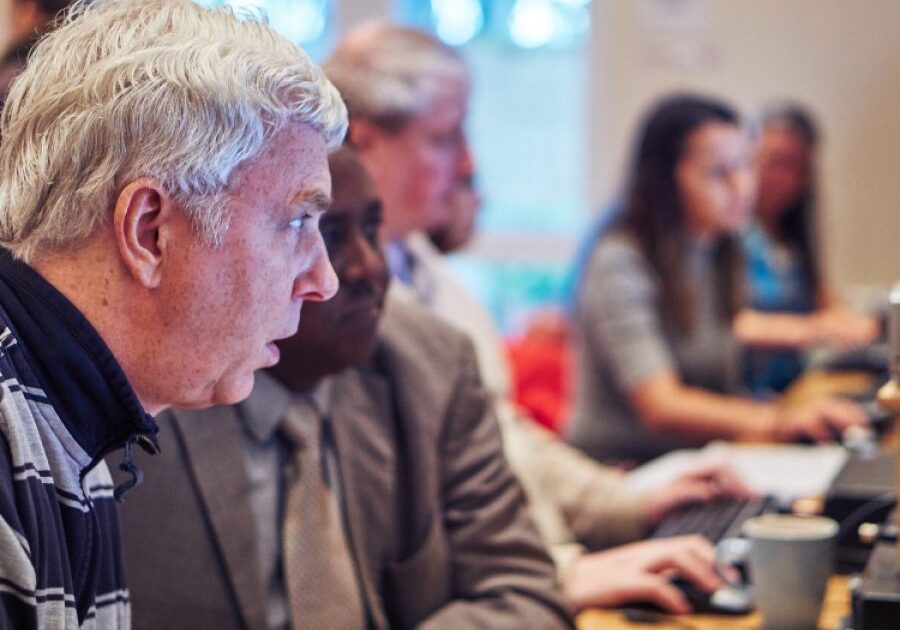
Schoolchildren aren’t the only ones who need access to the internet during the pandemic. Thousands of older people are also cut off from the outside world due to digital poverty.
When we first met 68-year-old Michael last year he had never used a computer before. He had no idea what “swiping” meant and thought “tapping” was a form of dance. Despite a difficult life marked by long term physical and mental health issues, he was still curious to learn. But with little income, no device, and no one to teach him, it didn’t seem likely to happen.
He needed a lot of support to get there, but now Michael wields his new tablet with confidence and pride. He can turn it on and tap the apps he likes – the news and the racing mostly.
But Michael is one of the lucky few. For every Michael there are thousands of older people who have no access to the internet at home. Age UK estimates that over two-thirds of all digital exclusion is among those aged 65 and over. Low income and poor health both increase the likelihood someone is not online.
In lockdown, those without access to the internet find themselves cut off from the outside world. They cannot access news or up to date information, online shopping, social networks and many basic services, including universal credit, which can only be done online. And they likely never will – unless a concerted effort is made to make access to the internet a national priority for older people.
At North Bristol Advice Centre, we know all about the realities of digital poverty and its links with financial and social exclusion. Our Get Online drop-in used to host 250 people each year. Those with no tech at home could use our computers, get a volunteer to help them learn what they needed to do, and have a cup of tea and chat into the bargain.
“I find it very difficult to remember how to do things,” says one former regular. “Computers, phones, the laptop is all a different system. More and more, be it on buses, everywhere, it’s all being computerised. It’s a wall of frustration.”
When lockdown happened, we knew people without tech at home were completely cut off from services and often from contact with friends and family.
In June last year, we launched a pilot project to see if we could remotely support people to get online. 10 people with no tech or digital at home were given tablets with access to mobile internet and some free data, donated by The Good Things Foundation. We preloaded useful apps, like Zoom, and recorded a welcome message. Our volunteers spent the summer calling clients on the phone each week to talk them through the basics.
We learned that it can be done – but that it takes considerable time and resources. There were challenges. For people like Michael, with no digital experience at all, the lack of a common language made it impossible for him to understand what he needed to do when he was being asked, say, to “click on an icon”. One client became so stressed, he hid his tablet under the bed for a few days, before building up the courage to take it out again. It took around 18 hours of one-to-one support to get people to the point where they could use their devices independently.
Of the 10 people who took part, seven wanted to continue using their devices at the end of the pilot. One man was able to see his newborn granddaughter for the first time. We helped people to find data packages they could afford. But this was another stress on already tight budgets.
Broadband providers, like BT and Vodafone, have stepped up during the pandemic to offer free broadband access to schoolchildren from low-income families – but there has been no similar recognition or support for older people.
We have seen the difference getting online can make to people’s lives, and are calling on government and tech companies to urgently address this hidden problem. For older people, digital exclusion means social isolation. By giving them devices and access to the internet – plus the handholding and support they need to use them – we are giving them a lifeline.
Katherine Tanko is Director of North Bristol Advice Centre
katherine@northbristoladvice.org.uk
Latest news
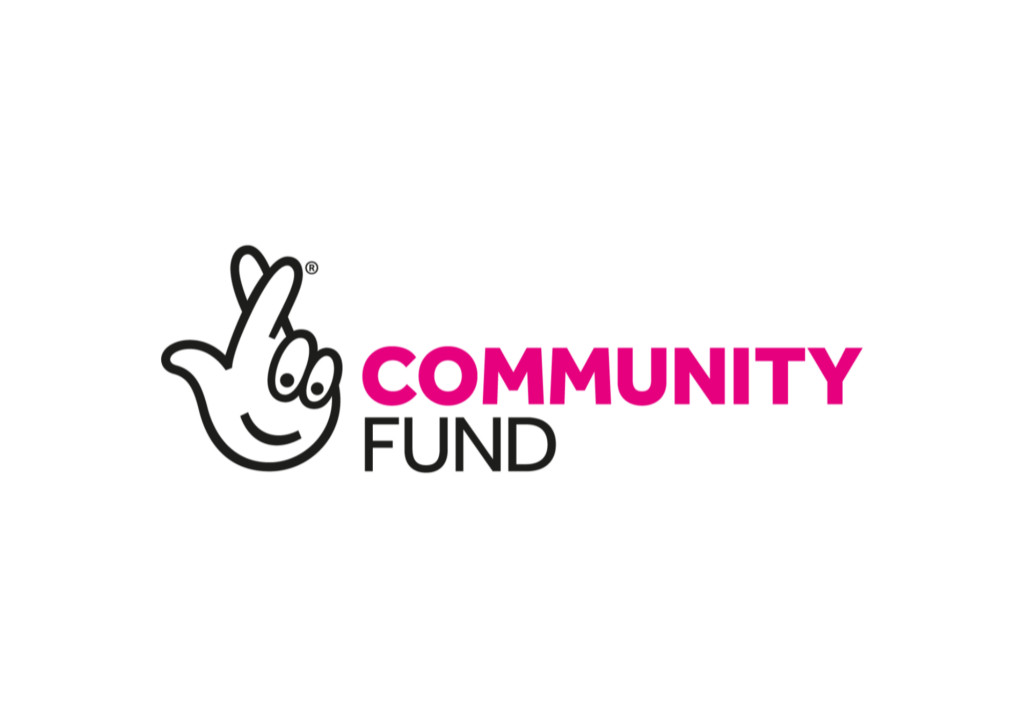
Lottery Funding for Community-Based Advice in North Bristol
North Bristol Advice Centre (NBAC) has been awarded core funding of £300,000 over 3 years from The National Lottery Community Fund to develop their outreach work in North Bristol. The “Embedding Advice in Communities” project will allow NBAC to partner with local organisations to embed advice within communities and reach people with welfare benefit issues…
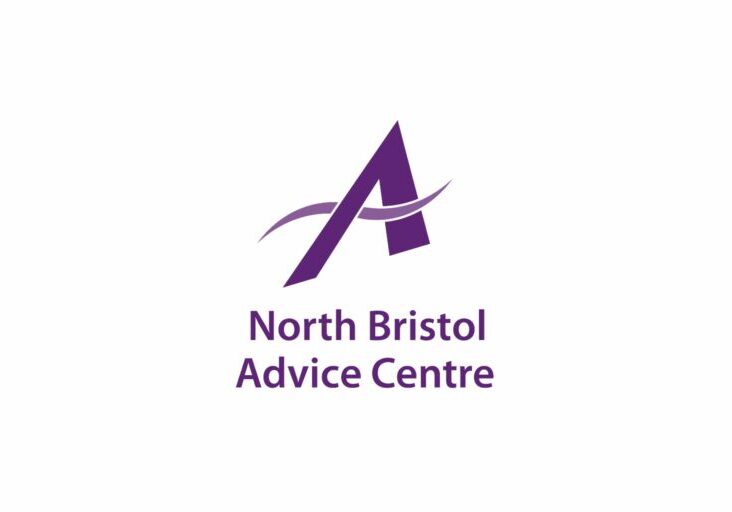
A Message of Support
North Bristol Advice Centre are deeply saddened and appalled by the recent surge of racist violence sweeping across our country and particularly our community here in Bristol. Our thoughts and solidarity are with all communities affected by these heinous acts. We unequivocally condemn such violence and stand united with the people who are targeted, as…
